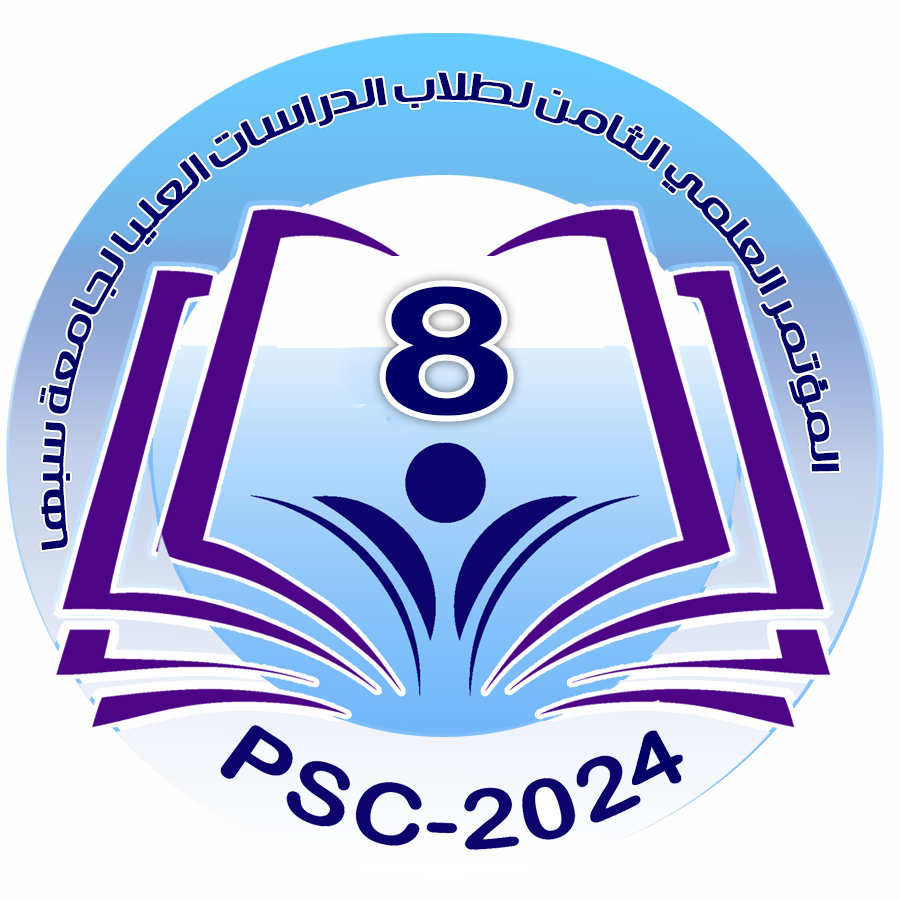Obstacles to using e-learning from the point of view of faculty members at Sebha university
Main Article Content
Abstract
The current research aims to identify the impediments to the use of e-learning by faculty members at the University of Sabha and the differences in the use of e-learning in the light of variables (Sex, scientific qualification), in order to achieve those goals, a form of impediments to the use of e-learning was used by the researcher, after confirmation of the validity and consistency of the form applied to a relative caste sample estimated at 155 faculty members of the University of Sabha, representing 15% of members of the community, Using the descriptive curriculum "sample scanning", and to verify research assumptions, the researcher used statistical means of computational average, standard deviation, relative weight, man and teni testing, and T-testing of two separate groups, The results of the research found that the obstacles to the use of e-learning related to the field of administrative and material aspects are the most prevalent among the faculty of the University of Sabha, with the first ranking followed by the aspects related to e-education in the second, while the faculty and student aspects came in the last order, The existence of statistically significant differences in the impediments to the use of e-education by faculty members of the University of Sabha according to the variable sex (male, female), differences in the direction of males, statistically significant differences in the impediments to the use of e-education by faculty members depending on the variable of scientific qualification (Ph.D., master's) in the dimension (aspects relating to professor and student), and the overall degree of the application, Differences in the direction of the Ph.D. campaign, and the lack of statistically significant impediments to the use of e-education by faculty members depending on the scientific qualification variable (Ph.D., Master's Degree) in the dimension (administrative and financial aspects, aspects related to e-education)
Article Details

This work is licensed under a Creative Commons Attribution-NonCommercial-ShareAlike 4.0 International License.
